(July 24, 2025) India and the United Kingdom have entered a new era of robust engagement. In a landmark move, India and the UK signed a Free Trade Agreement (FTA) on Thursday during Prime Minister Narendra Modi’s visit to the country.
Accorded a grand welcome by the Indian diaspora, Modi, on his fourth visit to the UK since taking office in 2014, held talks with his British counterpart Keir Starmer on issues spanning trade, energy, health, education, and security.
The FTA, India’s first major bilateral trade agreement with a developed economy in over a decade, is expected to come into force after legal clearances from the British Parliament and India’s Union Cabinet, likely within a year.
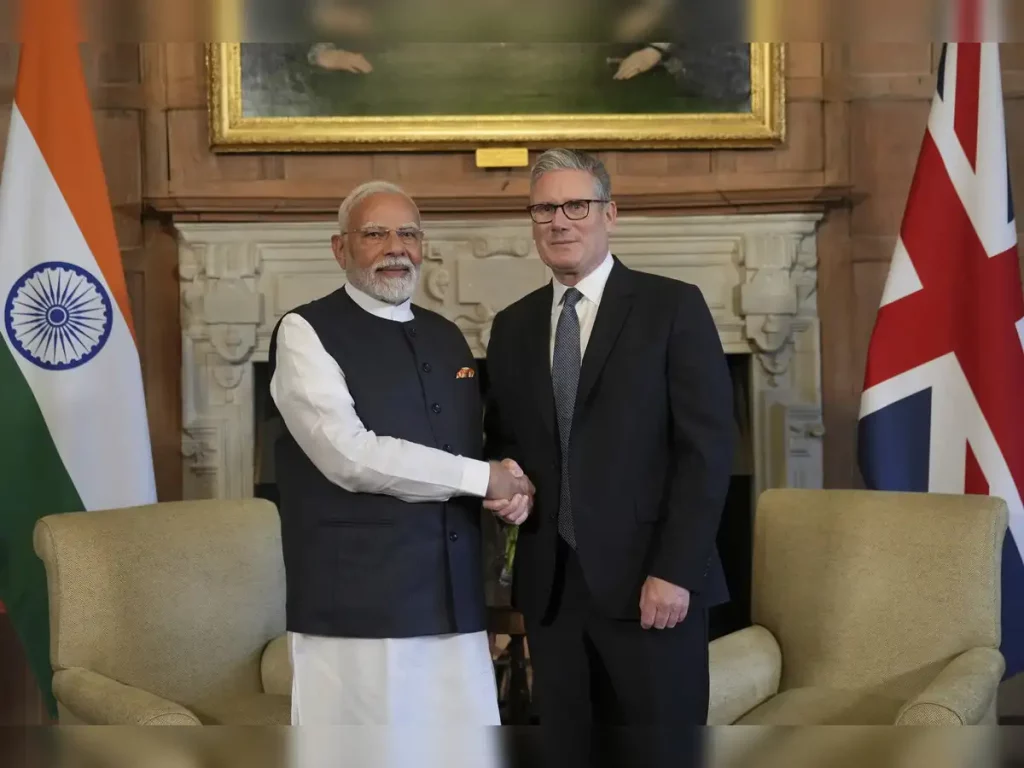
PM Modi with his British counterpart Keir Starmer
Key Highlights
- Big win for Indian farmers: The Comprehensive Economic and Trade Agreement (CETA) grants duty-free access to Indian agricultural and processed food products in UK markets.
- Better than the EU: Indian farm exporters will now enjoy preferential treatment over European countries, gaining a stronger foothold in the UK.
- Products gaining duty-free access: Agricultural products such as turmeric, pepper, and cardamom; processed foods like mango pulp, pickles, and pulses.
- Fisheries sector benefits: Exports like shrimp, tuna, fishmeal, and feeds, which previously attracted UK tariffs of 4.2% to 8.5%, will now be duty-free.
- Tariff relief for UK exports to India: Tariffs on UK-made cars (currently over 100%) will be reduced to 10% under a quota system, along with cuts on UK goods like cosmetics, salmon, chocolates, biscuits, and medical devices.
- Alcohol duty reduction: Scotch whisky and gin import duties will fall from 150% to 75% immediately, and further down to 40% over 10 years.
Concessions and new pathways
Among the major concessions for India, tariffs on UK-made cars, currently exceeding 100 percent, will be reduced to 10 percent under a quota system. Besides, there will be tariff cuts on a range of UK products including cosmetics, salmon, chocolates, biscuits, and medical devices.
Import duties on Scotch whisky and gin will fall from 150 percent to 75 percent immediately and to 40 percent over 10 years.
“The trade deal opens new pathways for cross-border partnerships, venture capital flows, and innovation exchange, particularly for mid-sized companies with global aspirations,” Vijay Goel, Senior Partner at Singhania & Co.’s London office and a highly respected figure in the UK–India business corridor, tells Global Indian. The FTA comes after nearly three years of hectic negotiations between the two countries.
Economic ambition
The former Chairman of London Chamber of Commerce Asian Business Association says the signing of the India–UK Free Trade Agreement represents a historic convergence of values, strategy, and shared economic ambition.
“As someone who has worked extensively across both jurisdictions, I view this agreement as a timely recalibration of bilateral priorities, particularly in a post-Brexit and post-pandemic global economy,” says Vijay, who was also a former Advisor on Emerging Markets to Rt. Hon. Nick Clegg, ex-Deputy Prime Minister of UK.
This is India’s first major trade agreement with a developed nation in over a decade, and it sends a strong signal to the world about our readiness to engage on equal and strategic terms, he feels.
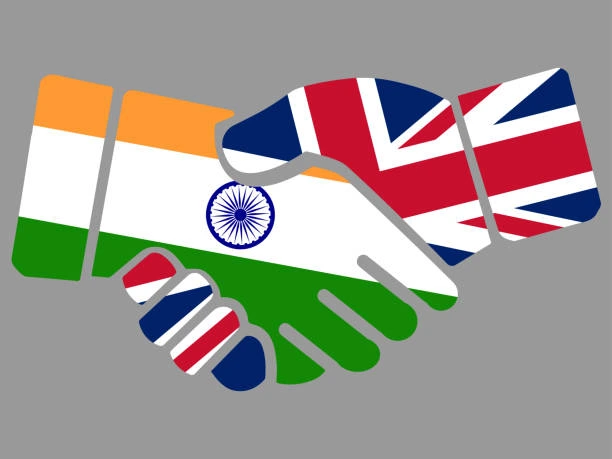
Tariff relief across key sectors
Indian Industry Sectors likely to benefit from the FTA include textiles, footwear, auto components, gems and jewellery, furniture, sports goods, chemicals, and machinery. Many of these currently face tariffs between four percent and 16 percent in the UK.
Indian manufacturers of electric and hybrid vehicles will also gain preferential access under a new quota system.
Huge potential
“Beyond tariff reductions and trade facilitation, the FTA has the potential to unlock growth in sectors such as fintech, pharmaceuticals, green energy, and professional services,” says Vijay, an accomplished international business lawyer with decades of experience advising global clients.
Vijay, the Chairman and Founder of the Indo-European Business Forum (IEBF), says the deal will also strengthen legal and regulatory coherence, something he has long advocated for in his work promoting UK–India business ties through institutional channels.
“As legal advisors and facilitators of international business, we see growing interest from stakeholders who want to align with the new trade architecture,” points out Vijay, who is optimistic that the FTA will not only stimulate commerce but also deepen trust between the two nations.
Some of the Indian firms that are set to benefit from the FTA include Mahindra Electric, Tata Motors, Bata India, Welspun India and Arvind Ltd.

Vijay Goel, senior partner at Singhania & Co.’s London office
What UK gains
When it comes to UK’s Concessions, 99 percent of Indian products are set to receive duty-free access to the UK market, covering nearly all of India’s current trade value.
British consumers are expected to benefit from lower prices on Indian garments, footwear, and food products. India is likely to reduce tariffs on nearly 90 percent of UK goods.
Among the UK-based firms that would benefit from the trade deal are Diageo (Scotch whisky) and British luxury carmakers Aston Martin and Jaguar Land Rover (owned by Tata Motors). They are expected to benefit significantly from improved access to India’s growing consumer market.
UK companies will also be allowed to bid on non-sensitive federal government procurement tenders in India above ₹2 billion, which will open up access to nearly 40,000 tenders worth approximately Rs 4.09 lakh crore per year.
As per British government projections, the FTA could increase the UK’s GDP by £4.8 billion (Rs 56,150 crore) annually over the long term.
Significant day
British-Indian businessman and Conservative party politician Lord Rami Ranger feels the UK-India free trade agreement is poised to become one of the most significant agreements in history, given that it will link the world’s fourth and fifth largest economies, especially considering the size of the Indian market.
“This partnership is expected to provide a substantial boost to the British economy as Indian economy is growing at over seven percent per annum. The UK is a few years ahead of India in terms of technology, and India needs to rapidly acquire this technology to enhance its productivity,” he tells Global Indian.
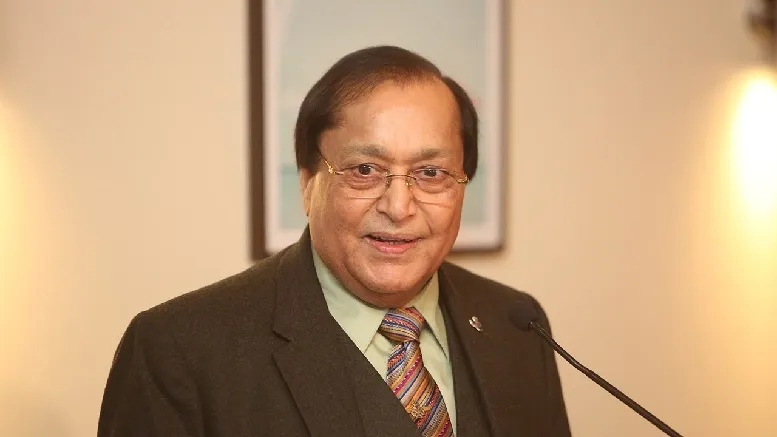
Lord Raminder Ranger, British-Indian entrepreneur and Conservative party politician
Large scale projects
He says the United Kingdom, being a smaller market, faces challenges in completing large-scale projects like shipbuilding and aircraft manufacturing due to its limited domestic market. “In contrast, India boasts a vast domestic market and lower labour costs, which enables Britain to export products to various countries and compete effectively with China.”
A prime example of this collaboration is JCB, the earth-moving equipment company, which began with one factory and now operates three while exporting Indian-made products to 90 countries.
“Consumers in both nations will benefit: Indian consumers will enjoy lower tariff imports, while British consumers will have access to competitively priced Indian products. This trade will generate significant economic activity and create jobs in both countries,” says the British-Indian businessman.
Defense collaboration
He says Defense collaboration is another promising area, as India’s defense industry continues to expand, providing opportunities for British defense contractors.
“By working together, they can establish a robust, state-of-the-art manufacturing sector for defense equipment that can be exported to other countries.”
India’s rising pharma and tech power
Lord Rami says India’s pharmaceutical industry is huge, and British companies can shift some of their production there to save costs and compete successfully with countries like Japan, Korea, Germany, and France. “The UK-India space program is also set to be a global leader, supported by India’s highly educated workforce, which contributes significantly to the tech industry at companies like Google and Microsoft, and even supplies numerous scientists to NASA.”
Values strengthning friendship
Lord Rami, the founder of Sun Mark, a multinational consumer-goods company and a member of the House of Lords since 2019 feels both countries share similar values, which strengthens their friendship.
“They are both secular democracies that uphold the rule of law at the core of their governance. Moreover, India has demonstrated its capacity for large-scale production, especially during the COVID-19 pandemic when it produced vaccines for the world,” he points out.
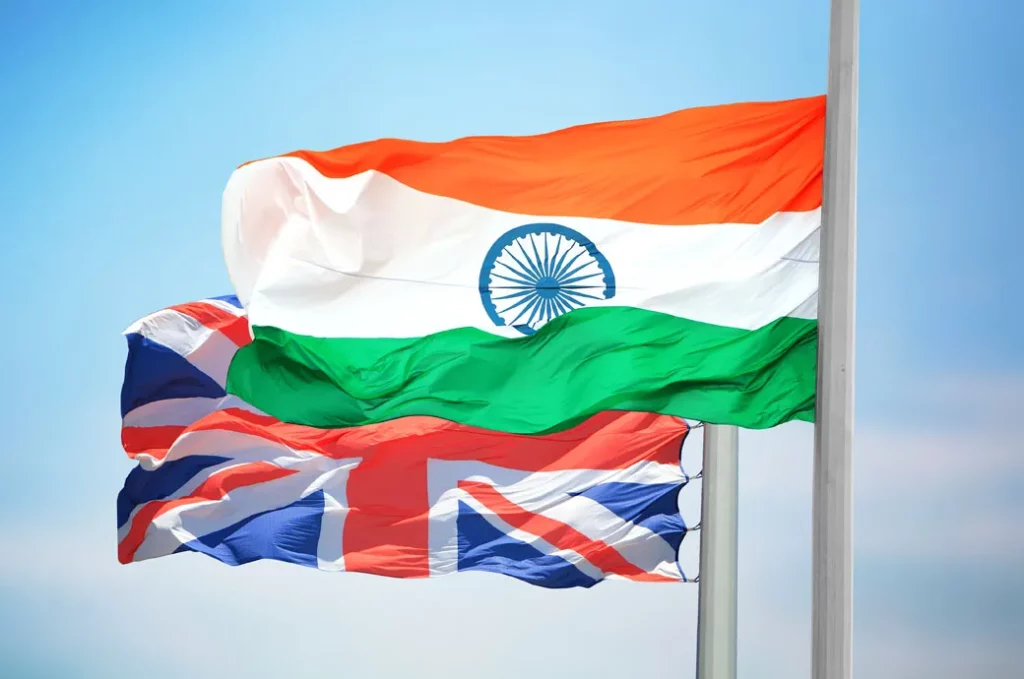
Extensive benefits
Overall, the benefits of this partnership are extensive. “The UK will gain access to a ready market and a pool of highly motivated, well-trained employees to support its industries. The potential outcomes are truly endless, says Lord Rami, describing the signing of FTA a very significant day.
“PM Modi’s signing a ‘Free Trade Agreement’ with the very country that ruled over us for 200 years marks a very significant day. We were once their colony, and today we stand as equals,” smiles Rami.
Bilateral investment
The deal aims to strengthen bilateral investment flows. Over 1,000 Indian companies currently operate in the UK, employing more than 1 lakh people and investing around $20 billion (Rs 1.73 lakh crore).
The UK has invested close to $36 billion (₹3.11 lakh crore) in India, making it the sixth-largest foreign investor.
Win-win for both countries
Uday Pilani, Chairman of Pilani Group and hotelier – Makeney Hall Hotel Ltd and Lace Market Hotels Ltd., London, feels India’s hyper growth has made it a very useful ally for any developed country.
“UK, after exiting the EU, needs to have sustainable long term partners for its own survival and growth. This is a win-win for both countries and will bode well in long term if the spirit of the agreement is kept intact,” Uday tells Global Indian.
He says India and UK have a long historic ties which are intertwined with respect to our education, industry, laws and virtually every aspect of civilian life.
“We, ourselves, have over a dozen operating businesses in the UK and most have their back offices in India. Groups like ours will benefit from seamless transfer of employees, knowledge and capital,” says Uday.

Uday Pilani, hotelier and chairman of Pilani Group
Short term entry
The FTA also includes progressive commitments in the services and mobility Short-Term Entry.
For one, the UK is likely to offer temporary access for Indian yoga instructors, chefs, musicians, and other contractual service providers.
There could be Social Security Exemption as well by which Indian professionals posted in the UK will be exempted from paying social security contributions for up to three years. This will potentially save ₹4,000 crore annually.
UK companies will be allowed to bid on non-sensitive federal government procurement tenders in India above ₹2 billion. This opens up access to nearly 40,000 tenders worth approximately ₹4.09 lakh crore per year, according to UK estimates.
Also Read: Dassault-Tata pact takes flight: Made-in-India Rafale and the rise of India’s aerospace power
Also Read: Vikram 3201: India’s home-grown ‘digital diamond’ in space tech
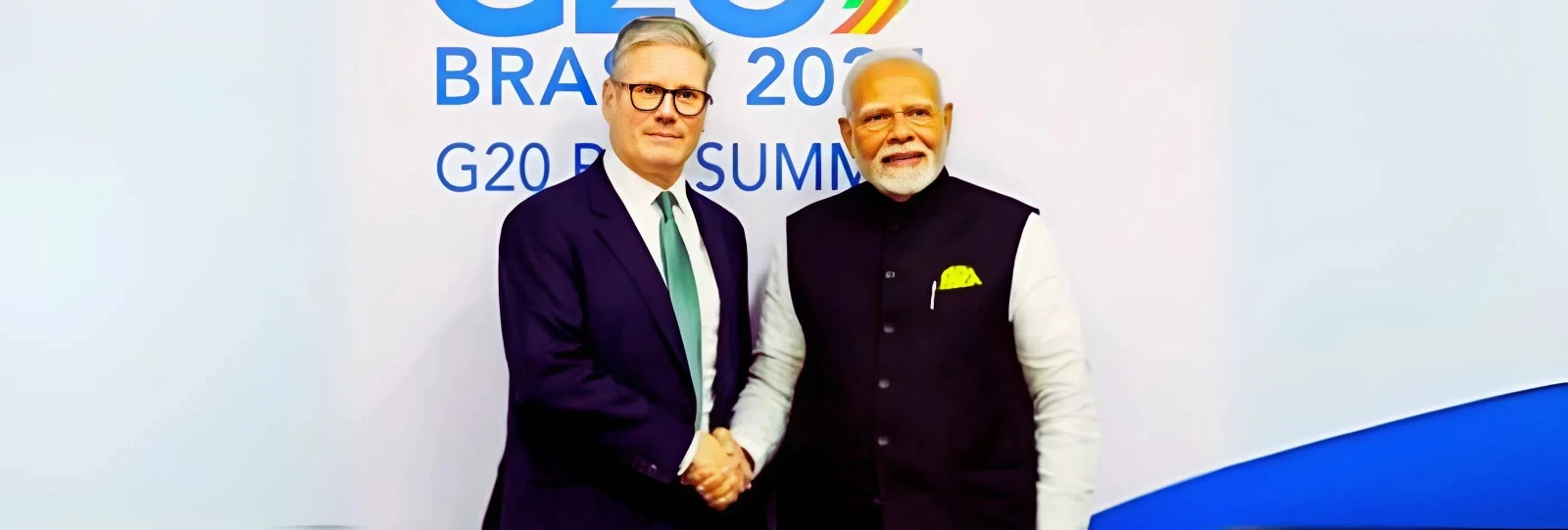



A well researched article.
Very well articulated, recommended for UPSC aspirants